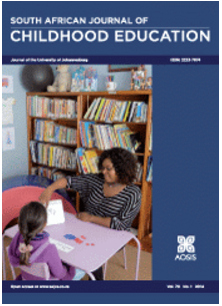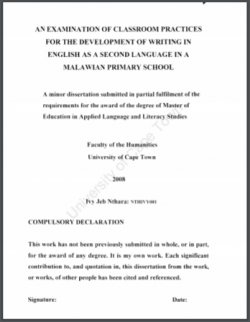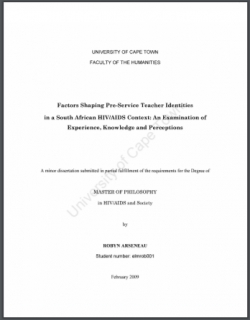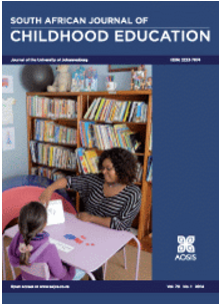South African Journal of Childhood Education 4(1):a67 Structural and social constraints influencing HIV/AIDS teaching in Malawi primary schools
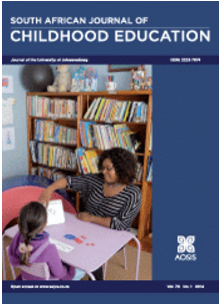
Type
E-Journal
Authors
ISSN
2223-7682
Category
ECCE, Foundation, Intermediate, Senior
[ Browse Items ]
Publication Year
2014
Publisher
Aosis OpenJournals, Durbanville, Cape Town, South Africa
URL
[ private ]
Pages
19 p.
Subject
Early childhood education, Primary education, Teachers, Teaching, Learners, Life skills, Curriculum, Implementation, Challenges, Cascade training model, Malawi
Tags
Abstract
The Ministry of Education in Malawi introduced a Life Skills Education programme with the intention to empower children with appropriate information and skills to deal with social and health problems affecting the nation including the fight against HIV infections. This study investigated factors affecting the teaching of the Life skills education in four primary schools in the Zomba District, Malawi. Cornbleth’s (1990) notions of the structural and social contexts and Whitaker’s (1993) identification of key role players in curriculum implementation framed the study. Findings suggest that the teaching of Life skills is constrained by a variety of social and structural contextual factors such as the poor conditions under which teachers are working; greater attention given to subjects such as Maths and Languages; the cascade model of training teachers and the short duration of training; the language in teachers guides were not accesibile to teachers; hunger and poverty of learners; lack of community support for sexual education; both teachers and learners being infected or affected by the AIDS/HIV pandemic; teachers felt it is inappropriate to teach sexual education to 9 and 10-year-old learners. These findings indicate structural and social barriers to effective life skills education within the current framework.
Description
Article
Number of Copies
1
| Library | Accession No | Call No | Copy No | Edition | Location | Availability |
|---|---|---|---|---|---|---|
| Main | 654 | 1 | Yes |

